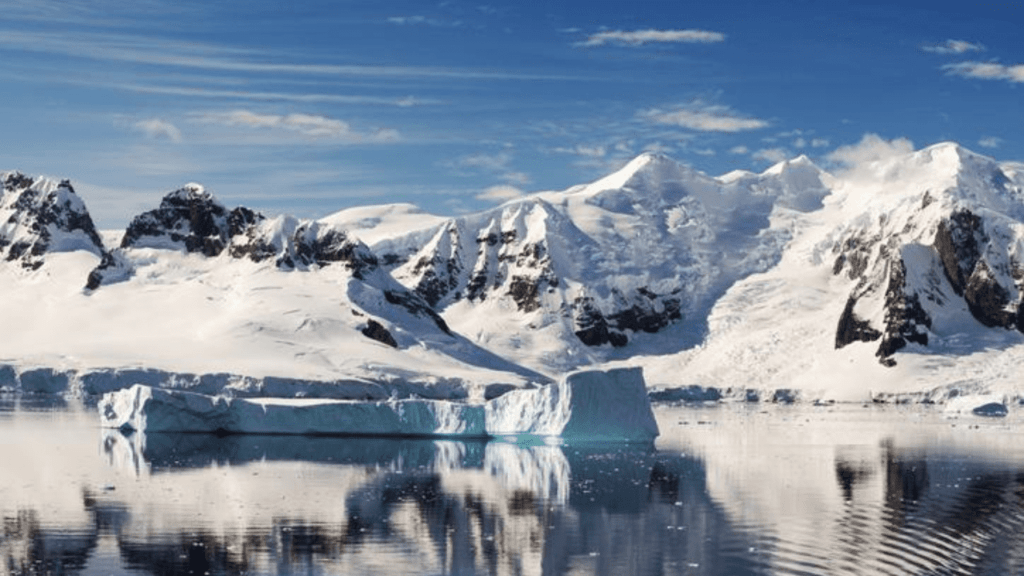The Earth is surrounded by water, but only 3% is suitable for human consumption and Antarctica is the largest freshwater reserve on the planet
Experts believe that this continent holds 70% of the fresh water of the entire planet, which is why Antarctica is the largest reserve of fresh water on the planet. This is stored in its enormous glaciers, snow and large ice caps.
In the last decade, different scientific investigations found, within the Antarctic ice, lakes and liquid rivers, which were interconnected through channels. In addition, these studies showed the presence of huge sediment basins under the ice. These accounts had all the conditions to hold large volumes of water.
This hypothesis was verified by a recent investigation by scientists from Columbia University. They found that there was a large groundwater system circulating in the sediments of West Antarctica. These sediments extend under the base of the ice sheet for almost two kilometers before reaching the bedrock. The study showed that these sediments had a lot of fresh water in them.
This water would be enough to form a lake up to 820 meters deep. The authors of the study recognized that it was possible that a similar situation could occur on other planets. Therefore, the finding raised hopes of finding water on Mars or the Moon.
Antarctica greatest environmental challenges
Climate change poses a serious threat to Antarctica, the planet’s largest freshwater reserve. The increase in global temperature is reducing the surface area of the continent and the volume of the ice sheets. The melting of permanently frozen soils is considered by the United Nations as one of the ten greatest environmental challenges facing humanity.
In addition to the loss of ice, the disappearance of krill, which is key in the food chain of animals living in Antarctica, and the presence of microplastics in the water are very serious problems. Antarctica is the largest freshwater reserve on the planet and these reserves are key to the future of humanity. In addition, rising sea levels could cause the disappearance of several island countries.
By 2030, nearly 50% of the global population could face a shortage of drinking water. Antarctica is the largest freshwater reserve on the planet and could be the last intact source of drinking water.

